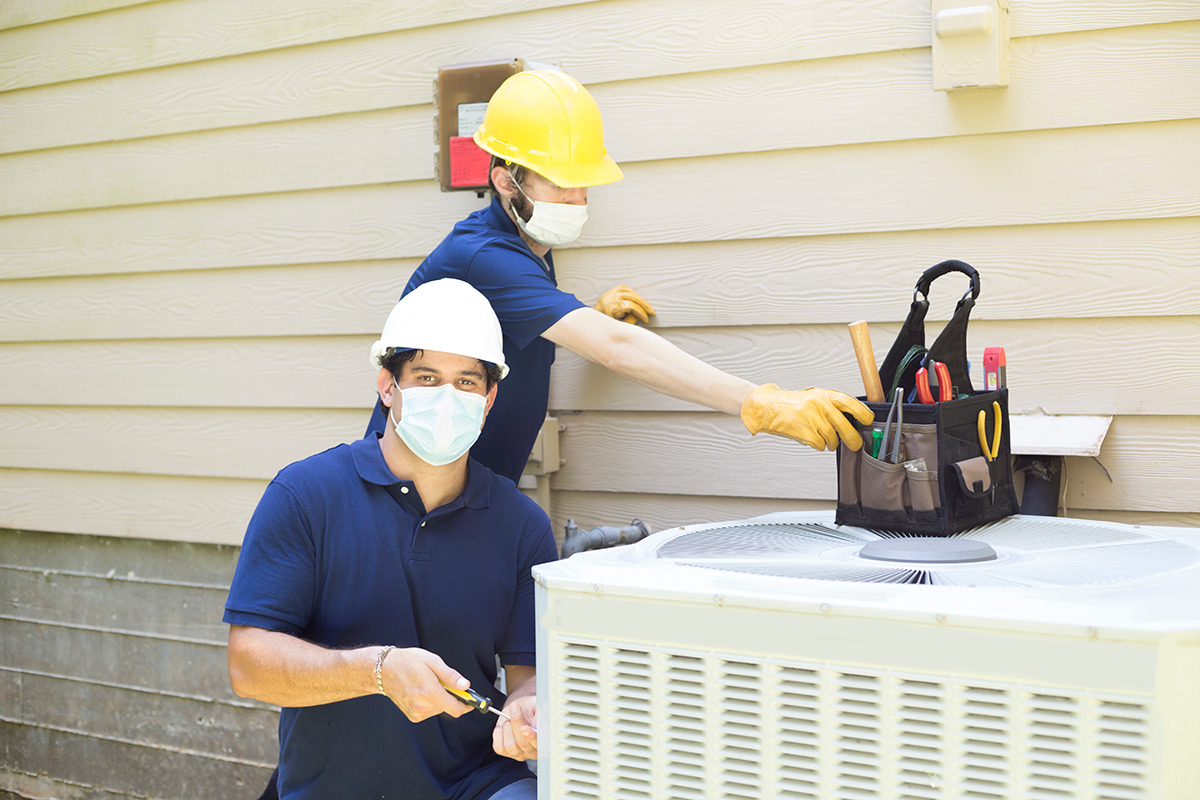

Articles
How To Become A HVAC Contractor
Modified: January 6, 2024
Learn everything you need to know about becoming a HVAC contractor with our informative articles. Gain valuable insights and step-by-step guidance to kickstart your career in the HVAC industry.
(Many of the links in this article redirect to a specific reviewed product. Your purchase of these products through affiliate links helps to generate commission for Storables.com, at no extra cost. Learn more)
Introduction
Are you interested in a career in the heating, ventilation, and air conditioning (HVAC) industry? Becoming an HVAC contractor can be a rewarding and lucrative profession. HVAC contractors are responsible for designing, installing, repairing, and maintaining heating and cooling systems in residential, commercial, and industrial buildings.
Before starting your journey to become an HVAC contractor, it’s important to understand the basics of HVAC systems. HVAC systems are essential for providing comfort and maintaining proper indoor air quality. They regulate temperature, humidity, and air circulation to create a comfortable environment for occupants.
To become a successful HVAC contractor, you need to have a strong foundation in HVAC principles, technical skills, and business knowledge. This article will guide you through the steps to become a HVAC contractor, from education and training to starting your own business.
Key Takeaways:
- Becoming an HVAC contractor requires a strong foundation in HVAC principles, hands-on experience, and continuous learning. It’s not just about technical expertise, but also about providing excellent customer service and adapting to industry changes.
- To succeed as an HVAC contractor, it’s crucial to build a network in the industry, stay updated with industry trends, and consider starting your own HVAC contractor business. Embrace the journey with dedication and commitment for a rewarding career.
Read more: How To Become A Renovation Contractor
Step 1: Understand the Basics of HVAC
Before diving into the world of HVAC contracting, it’s crucial to have a solid understanding of the fundamentals of heating, ventilation, and air conditioning systems. Familiarize yourself with concepts such as heat transfer, refrigeration cycles, airflow dynamics, and electrical systems.
Start by learning about the different types of HVAC systems, such as split systems, packaged units, and ductless mini-splits. Understand how these systems function and the components that make them up, including compressors, condensers, evaporators, and air handlers.
Moreover, study the various types of heating options, such as furnaces, boilers, and heat pumps, and the different types of cooling methods, such as air conditioning units and chillers. Develop an understanding of energy efficiency ratings, such as SEER (Seasonal Energy Efficiency Ratio) and AFUE (Annual Fuel Utilization Efficiency).
There are numerous resources available to help you gain knowledge in HVAC. Consider enrolling in HVAC training programs, attending trade schools, or taking online courses. These educational opportunities will provide you with a solid foundation in HVAC principles and practices.
Additionally, stay updated on industry trends and advancements. HVAC technology is constantly evolving, with new systems and techniques being introduced regularly. Keeping yourself informed about the latest developments will give you a competitive edge in the field.
By understanding the basics of HVAC, you will be better equipped to tackle the challenges and complexities that come with being an HVAC contractor. Having a strong knowledge base will enable you to make informed decisions when designing, installing, and maintaining HVAC systems for your clients.
Step 2: Obtain the Necessary Education and Training
Obtaining the necessary education and training is essential to ensure that you have the knowledge and skills required to excel in the HVAC industry. While formal education is not always mandatory, it can greatly benefit your career prospects.
Consider enrolling in an HVAC program at a vocational school, community college, or trade school. These programs offer a comprehensive curriculum that covers HVAC theory, principles, and hands-on training. They typically include courses in electrical systems, refrigeration, air conditioning, heating systems, and system design.
During your education, take advantage of any internship or apprenticeship opportunities that may be available. These practical experiences will allow you to apply what you’ve learned in real-world settings and gain valuable hands-on skills under the guidance of experienced professionals.
Furthermore, obtaining industry certifications can significantly boost your credibility and marketability as an HVAC contractor. The most recognized certifications include those offered by organizations such as North American Technician Excellence (NATE) and the Refrigeration Service Engineers Society (RSES).
Additionally, certain states and municipalities require you to obtain a license to work as an HVAC contractor. Research the specific licensing requirements in your area and ensure that you meet the necessary criteria. This typically includes a combination of education, training, and passing an exam.
Continuing education is also essential in the HVAC industry, as it allows you to stay updated on the latest technologies, regulations, and best practices. Attend workshops, seminars, and industry conferences to expand your knowledge and network with other professionals in the field.
By obtaining the necessary education and training, you will build a strong foundation of HVAC knowledge and skills, making you a competent and sought-after HVAC contractor.
Step 3: Get Licensed and Certified
In many jurisdictions, obtaining a license is a legal requirement to work as an HVAC contractor. Getting licensed ensures that you have met the necessary standards and qualifications to operate in the industry.
Research the licensing requirements in your area to understand the specific steps and criteria you need to fulfill. This typically includes a combination of education, training, work experience, and passing an exam.
Prepare for the licensing exam by reviewing the relevant materials and studying the topics that will be covered. There are often study guides and practice exams available to help you familiarize yourself with the content and format of the exam.
Additionally, consider pursuing industry certifications to further enhance your credentials as an HVAC contractor. Certifications are offered by organizations such as North American Technician Excellence (NATE), the Air Conditioning Contractors of America (ACCA), and the Heating, Refrigeration and Air Conditioning Institute of Canada (HRAI).
These certifications validate your expertise in specific areas of HVAC, such as installation, service, or system design. They demonstrate your commitment to professional development and can set you apart from other contractors in the field.
Not only do licenses and certifications enhance your credibility, but they also give your clients confidence in your ability to perform high-quality work and adhere to industry standards and regulations.
Remember to keep your licenses and certifications up to date by fulfilling any continuing education or renewal requirements. This ensures that you stay current with industry advancements and maintain your professional standing as an HVAC contractor.
Getting licensed and certified is an important step in establishing yourself as a reputable and trustworthy HVAC contractor. It not only satisfies legal requirements but also demonstrates your commitment to excellence in your field.
Step 4: Gain Hands-on Experience
While education and certifications are vital, hands-on experience is equally important for becoming a successful HVAC contractor. Practical experience allows you to apply your knowledge in real-world situations and develop the necessary skills to handle different HVAC systems and client needs.
One way to gain hands-on experience is by working as an apprentice or assistant to an experienced HVAC contractor. This apprenticeship period allows you to learn from seasoned professionals, observe their techniques, and assist with installation, repair, and maintenance tasks.
During your apprenticeship, make the most of every opportunity to learn and ask questions. Take note of the best practices, troubleshoot common issues, and familiarize yourself with the tools and equipment used in the industry.
As you gain more experience, take on more challenging tasks and gradually increase your responsibilities. This will help you develop confidence and refine your skills as an HVAC contractor.
Another way to gain hands-on experience is by seeking out part-time or freelance HVAC work. Offer your services to friends, family, or acquaintances who may need assistance with their HVAC systems. This allows you to work independently, gain practical experience, and build your reputation as a reliable contractor.
Additionally, consider volunteering for HVAC projects in your community or participating in charity initiatives that involve HVAC installations or repairs. These opportunities not only provide valuable experience but also help you give back to the community and build a positive reputation.
By gaining hands-on experience, you will develop a deeper understanding of HVAC systems and refine your technical skills. This practical knowledge will enable you to handle a wide range of HVAC projects confidently and efficiently.
Consider obtaining a degree in HVAC technology or completing an apprenticeship program to gain hands-on experience. Additionally, obtaining a state-issued HVAC contractor’s license is essential for starting your own business.
Read more: What Is A HVAC Contractor
Step 5: Develop Strong Technical and Problem-solving Skills
As an HVAC contractor, having strong technical skills is crucial for successfully diagnosing and repairing HVAC systems. Additionally, honing your problem-solving abilities is essential for tackling complex issues that may arise during installations and maintenance.
Continuously strive to expand your technical knowledge by staying updated with the latest industry advancements, attending training workshops, and participating in professional development opportunities. This will ensure that you are well-versed in the latest HVAC technologies, equipment, and techniques.
Develop a deep understanding of electrical systems, refrigeration principles, airflow dynamics, and control systems. Familiarize yourself with different brands and models of HVAC equipment to better serve your clients with diverse needs.
Problem-solving skills are equally important when troubleshooting HVAC systems. Learn to identify and resolve common issues such as refrigerant leaks, air duct obstructions, faulty thermostats, and compressor failures. Develop systematic approaches to diagnosing problems and implementing effective solutions.
Effective communication skills are also vital in the HVAC industry. You should be able to clearly explain the issues to your clients and provide them with suitable solutions. Listen attentively to their concerns and address their questions and doubts in a professional and knowledgeable manner.
Additionally, develop good time management skills to efficiently complete projects and meet deadlines. Being organized and proactive in scheduling appointments, procuring supplies, and managing your workload will contribute to your success as an HVAC contractor.
Keep in mind that technical skills and problem-solving abilities are continually evolving in the HVAC industry. Stay updated by reading industry publications, joining professional organizations, and participating in online forums where you can engage with other industry professionals.
By developing strong technical and problem-solving skills, you will be equipped to handle a wide range of HVAC challenges with confidence and provide effective solutions for your clients.
Step 6: Build a Network in the Industry
In the HVAC industry, building a strong network of contacts can open doors to new opportunities, support, and valuable business connections. Networking allows you to expand your reach, learn from other professionals, and collaborate on projects.
Start by actively engaging with other HVAC contractors, technicians, suppliers, and industry professionals. Attend industry conferences, trade shows, and local HVAC association meetings to meet like-minded individuals and establish connections.
Participate in online forums and communities dedicated to HVAC professionals. Engage in discussions, share your knowledge, and learn from the experiences and insights of others. Online networking provides a convenient way to connect with professionals from around the world and stay updated on industry trends and developments.
Develop relationships with suppliers and vendors in the HVAC industry. Establishing strong connections with these key players can lead to preferential pricing, access to new products, and a reliable source of materials and equipment.
Join professional organizations such as the Air Conditioning Contractors of America (ACCA) or the Mechanical Contractors Association of America (MCAA). These organizations provide opportunities for networking, continued education, and industry advocacy.
Additionally, consider seeking out a mentor in the HVAC industry. A mentor can provide guidance, support, and valuable insights based on their own experiences. They can help you navigate challenges, offer advice on business growth, and provide a fresh perspective on your career path.
Remember that networking is a two-way street. Offer your assistance and expertise to others when needed, and be willing to provide referrals or recommendations when appropriate. By building mutually beneficial relationships, you enhance your reputation as a professional and trustworthy HVAC contractor.
Networking not only expands your professional circle but also opens up opportunities for collaboration and referral business. Through networking, you may be introduced to potential clients, subcontractors, or partners who can contribute to your business growth and success.
By actively building a network in the industry, you position yourself as a well-connected HVAC contractor who is dedicated to professional growth and collaboration. Embrace networking as an ongoing process and nurture your relationships to reap the benefits throughout your career.
Step 7: Start Your HVAC Contractor Business
Once you have gained the necessary education, experience, and certifications, you may decide to take the leap and start your own HVAC contractor business. Starting your own business allows you to have more control over your work, set your own rates, and build a brand of your own.
Begin by creating a solid business plan. Outline your mission, goals, target market, and strategies for marketing, operations, and financial management. A well-thought-out business plan will serve as a roadmap for your success and help you make informed decisions.
Consider the legal aspects of starting a business, such as obtaining the required licenses and permits. Research the legal and regulatory requirements in your area and ensure that you comply with all necessary guidelines.
Determine the services you will offer as an HVAC contractor. Will you specialize in residential HVAC systems, commercial HVAC systems, or both? Consider your skills, expertise, and market demand when deciding on your service offerings.
Invest in the right tools, equipment, and vehicles to support your business operations. Quality tools and equipment are essential for delivering top-notch service to your clients. Additionally, ensure that you have appropriate insurance coverage to protect your business and clients from potential risks.
Develop a pricing structure that reflects the value of your services while remaining competitive in the market. Research pricing trends in your area and consider factors such as labor costs, overhead expenses, and profit margins when determining your rates.
Establish a strong online presence by creating a professional website and utilizing social media platforms. Showcasing your expertise, services, and testimonials from satisfied clients will help attract potential customers to your business.
Market your business effectively by leveraging both online and offline strategies. Utilize search engine optimization (SEO), online advertising, and local networking opportunities to raise awareness of your business. Word-of-mouth referrals can also be a powerful marketing tool, so prioritize delivering excellent service to build a strong reputation.
As your business grows, consider hiring additional staff to support your operations. Hiring skilled technicians can help you expand your service offerings and handle a higher volume of projects.
Remember that running a business requires ongoing effort and dedication. Stay focused on providing exceptional service, nurturing customer relationships, and adapting to changes in the industry.
Starting your own HVAC contractor business allows you the freedom and flexibility to build a successful career on your terms. With the right planning, strategy, and commitment, your business can thrive in the competitive HVAC industry.
Step 8: Continue Learning and Stay Up-to-date with Industry Trends
In the ever-evolving HVAC industry, it is crucial to continue your learning journey and stay up-to-date with the latest industry trends. Ongoing education and staying informed about advancements in technology and industry practices are key to maintaining your edge as an HVAC contractor.
One way to stay informed is by subscribing to industry publications, attending trade shows, and participating in professional development workshops and seminars. These events provide opportunities to learn about the latest HVAC equipment, techniques, and regulations.
Keep an eye on emerging trends in energy efficiency, sustainability, and smart HVAC technology. Stay informed about new regulations and compliance requirements, such as environmental standards and efficiency ratings. This knowledge will enable you to guide your clients towards sustainable and cost-effective HVAC solutions.
Engage with online HVAC communities and forums, where professionals share knowledge and discuss industry topics. Participating in these online platforms enables you to connect with other HVAC contractors, exchange ideas, and learn from their experiences.
Consider pursuing advanced certifications or additional training courses to further enhance your skills. Specializing in specific areas of HVAC, such as geothermal systems or energy auditing, can set you apart from the competition and open up new opportunities.
As technology continues to advance, explore opportunities to incorporate smart HVAC systems into your service offerings. Understanding and installing intelligent systems can provide added value to your clients and enhance the efficiency and convenience of their HVAC systems.
Networking remains important even after you have established your HVAC contractor business. Attend industry conferences, join professional organizations, and foster relationships with other contractors and professionals. Collaboration and sharing knowledge can lead to innovative ideas and mutually beneficial partnerships.
Continuously evaluate and update your business practices to adapt to evolving customer expectations and industry trends. Monitor customer feedback, explore new marketing strategies, and ensure your business is providing the highest level of service possible.
Remember that learning should be a lifelong pursuit. As an HVAC contractor, staying informed and continually educating yourself will help you stay ahead in this dynamic industry. By staying up-to-date with industry trends and advancements, you can deliver cutting-edge HVAC solutions to your clients and maintain a thriving business.
Read more: How To Become A HVAC Technician
Conclusion
Becoming an HVAC contractor requires a combination of education, training, practical experience, and continuous learning. By following the steps outlined in this article, you can embark on a successful career in the HVAC industry and establish yourself as a trusted professional.
Understanding the basics of HVAC systems, obtaining the necessary education and training, and obtaining licenses and certifications are essential steps to becoming an HVAC contractor. Gaining hands-on experience and developing strong technical and problem-solving skills further prepare you for the challenges of the industry.
Building a network in the industry and starting your own HVAC contractor business provide opportunities for growth and success. By staying up-to-date with industry trends, incorporating new technologies, and continuing to learn, you can remain at the forefront of the HVAC industry and provide exceptional service to your clients.
Remember, becoming an HVAC contractor is not just about technical expertise – it’s also about providing excellent customer service, maintaining professionalism, and adapting to changes in the industry. By continuously refining your skills and staying connected, you can build a thriving career as an HVAC contractor.
So, if you’re passionate about heating, ventilation, and air conditioning, follow these steps and embrace the journey of becoming an HVAC contractor. Your dedication and commitment will pave the way for a rewarding and fulfilling career in this ever-growing industry.
Frequently Asked Questions about How To Become A HVAC Contractor
Was this page helpful?
At Storables.com, we guarantee accurate and reliable information. Our content, validated by Expert Board Contributors, is crafted following stringent Editorial Policies. We're committed to providing you with well-researched, expert-backed insights for all your informational needs.
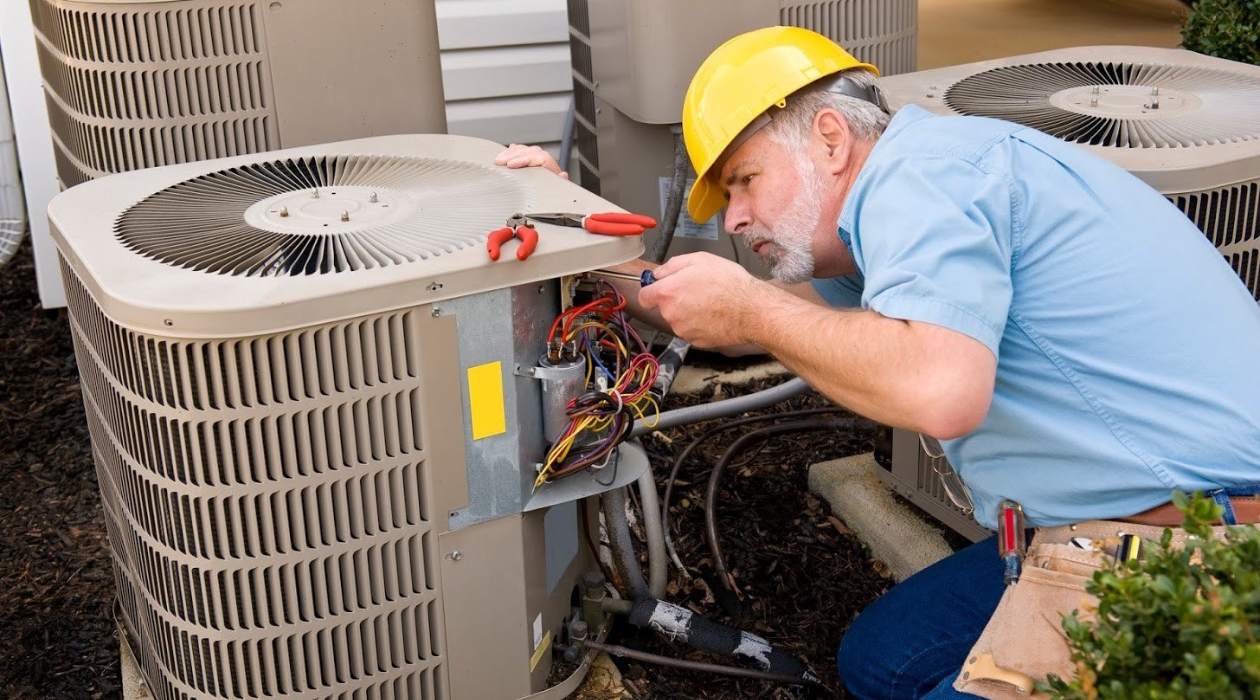
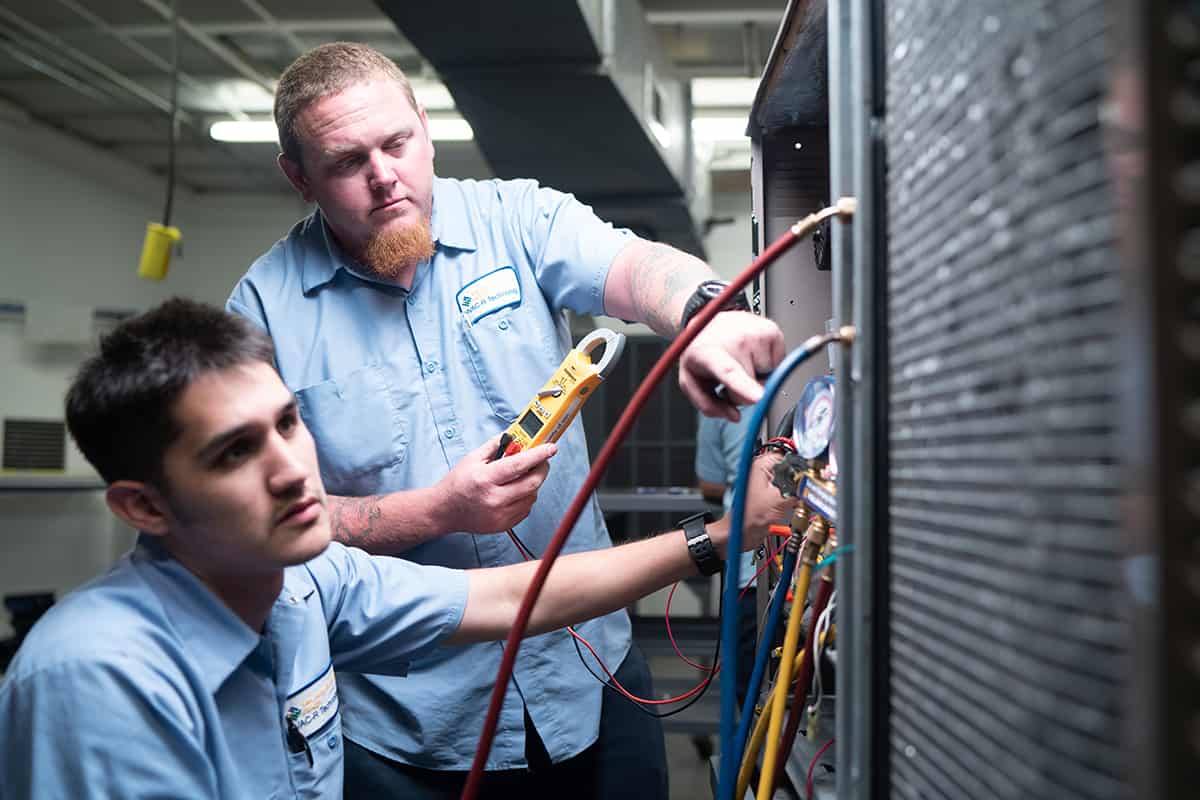


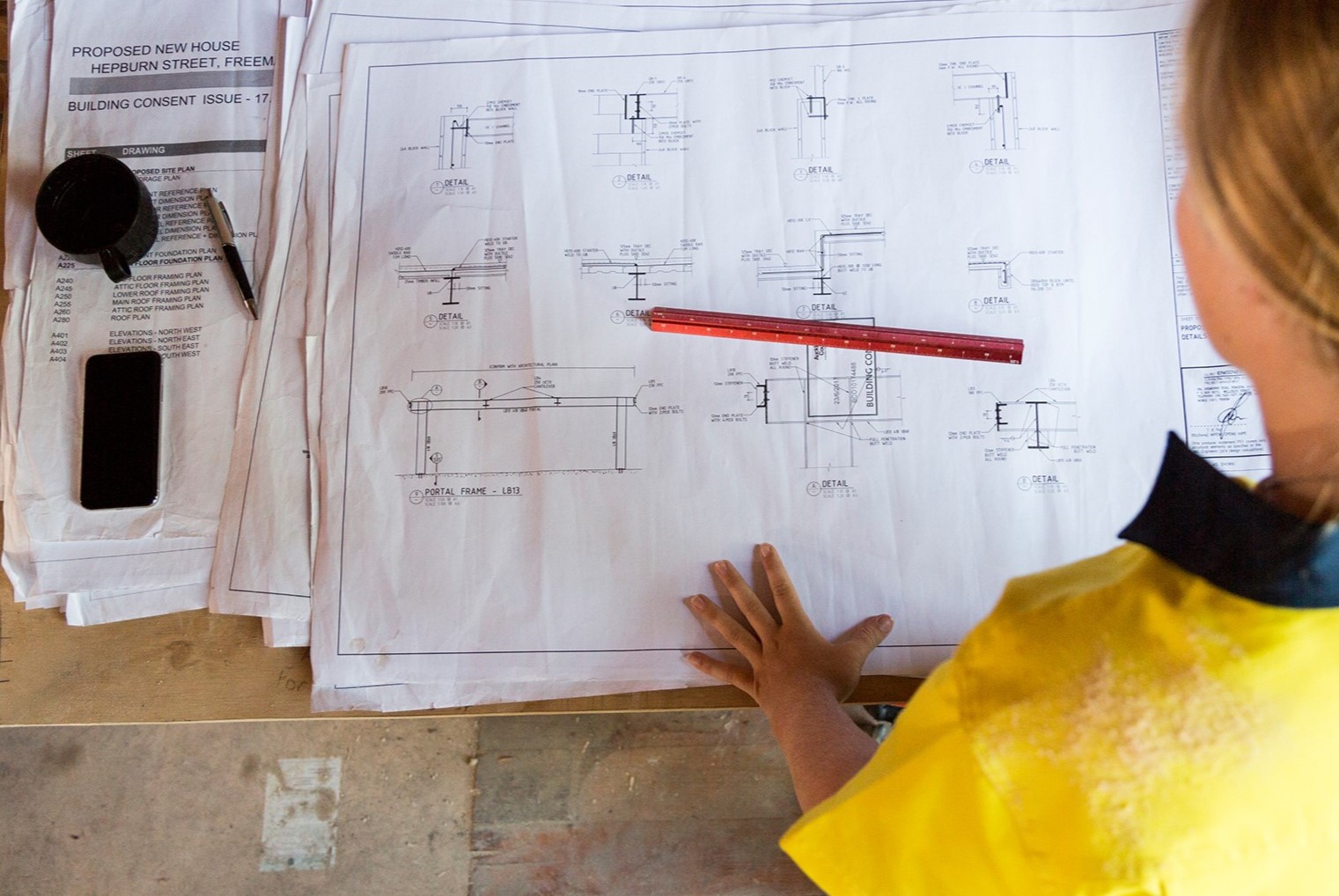
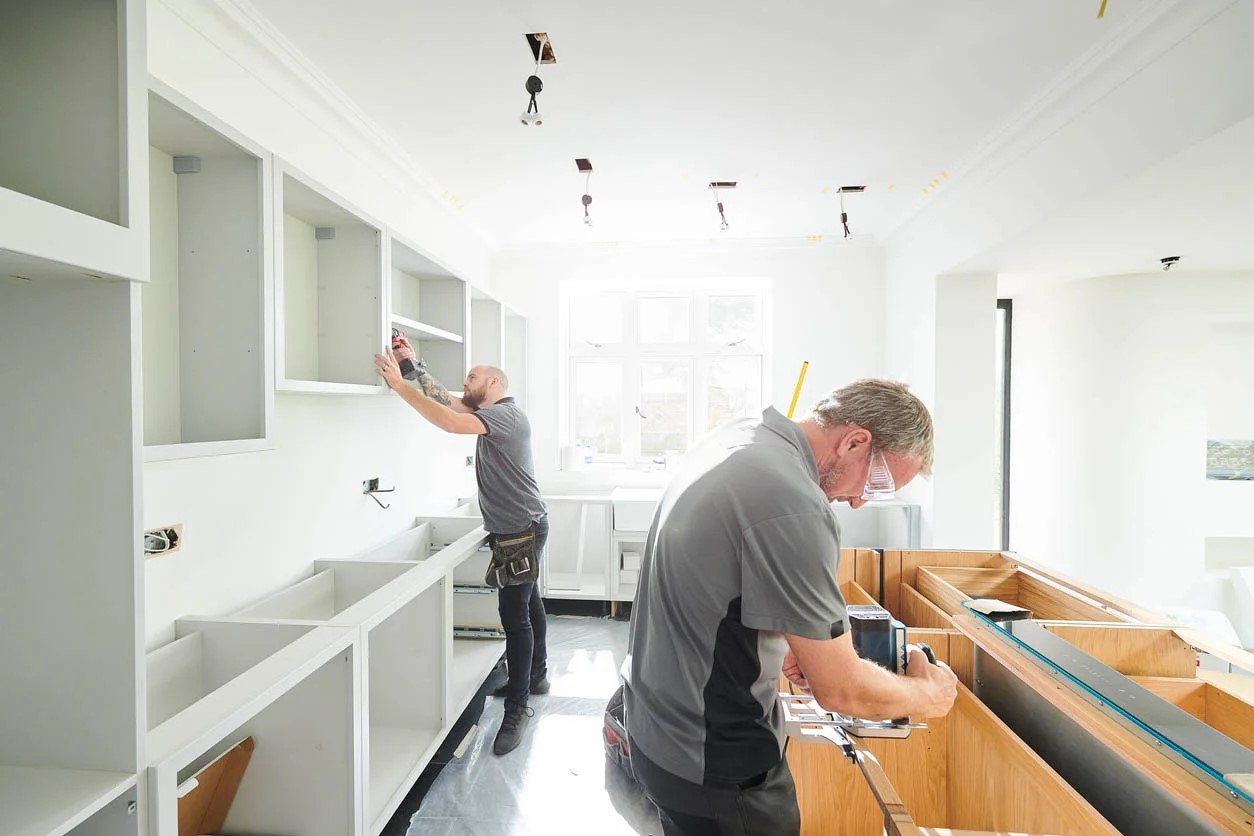


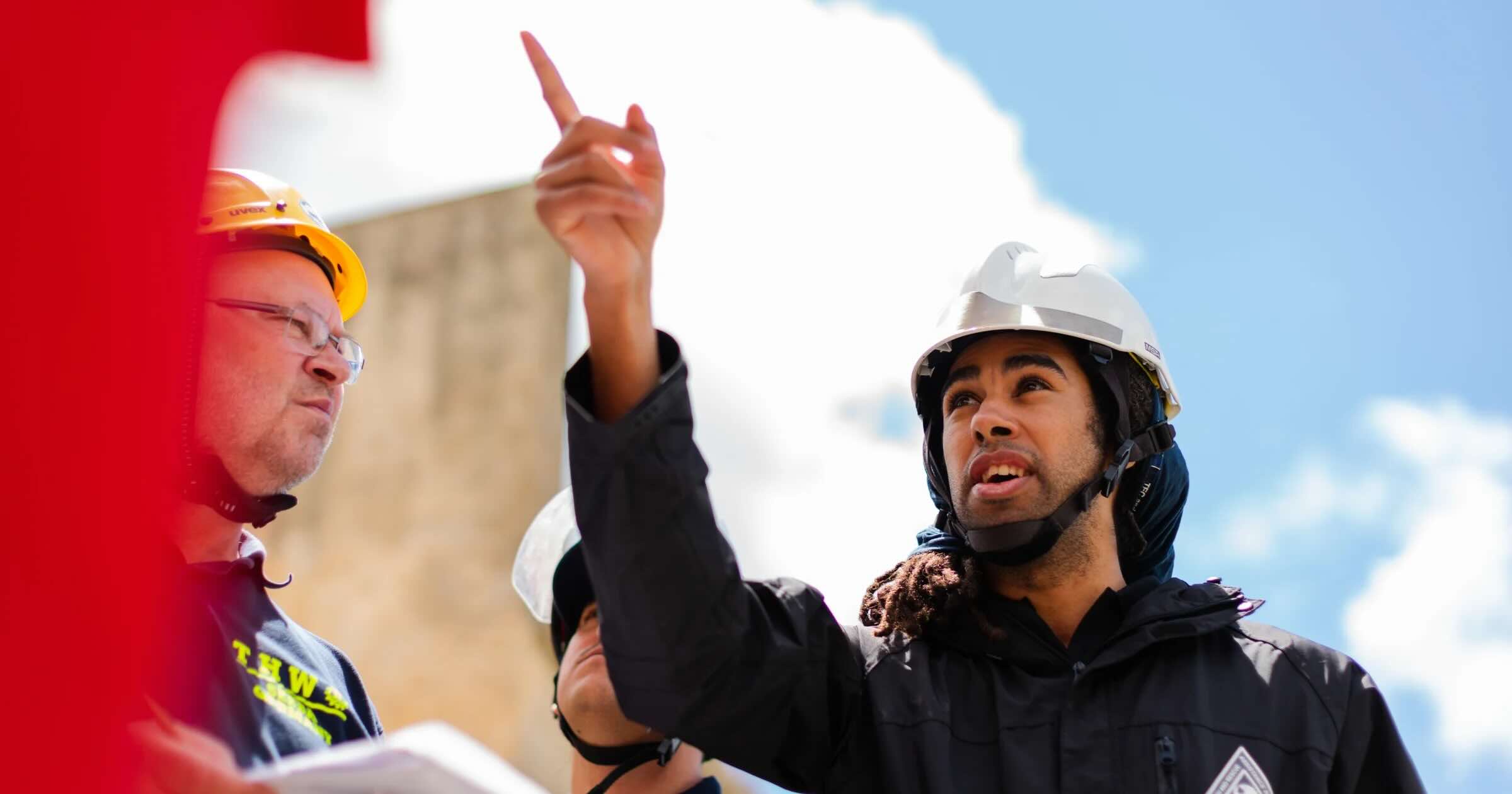

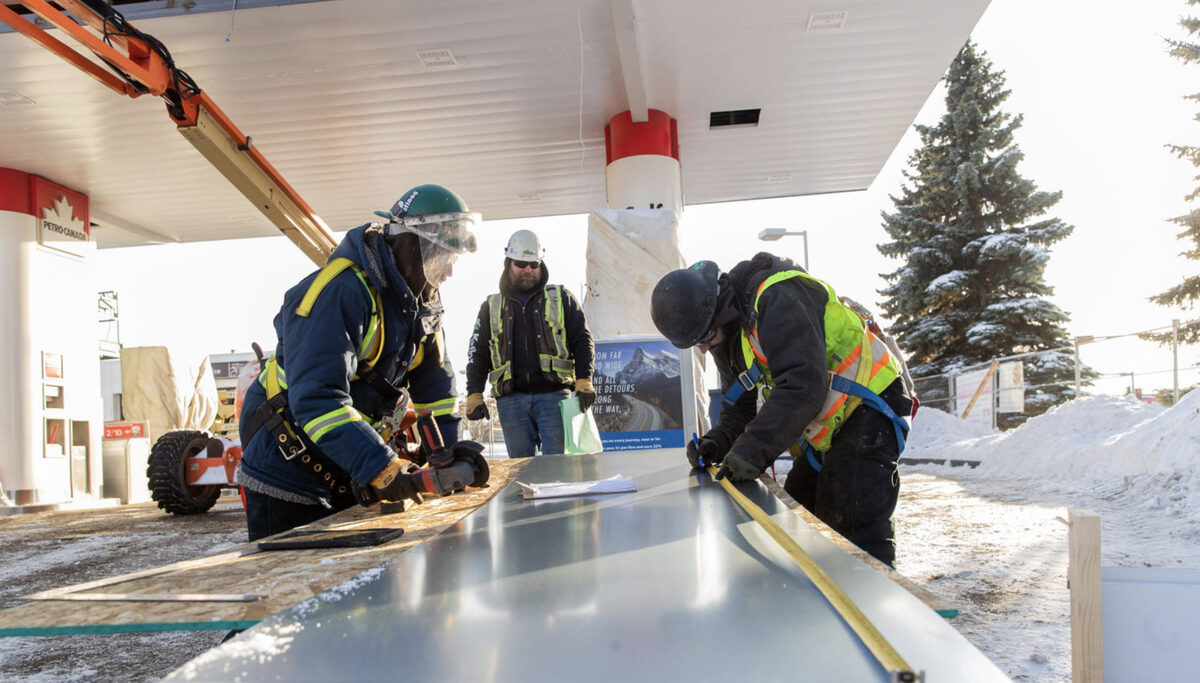



0 thoughts on “How To Become A HVAC Contractor”